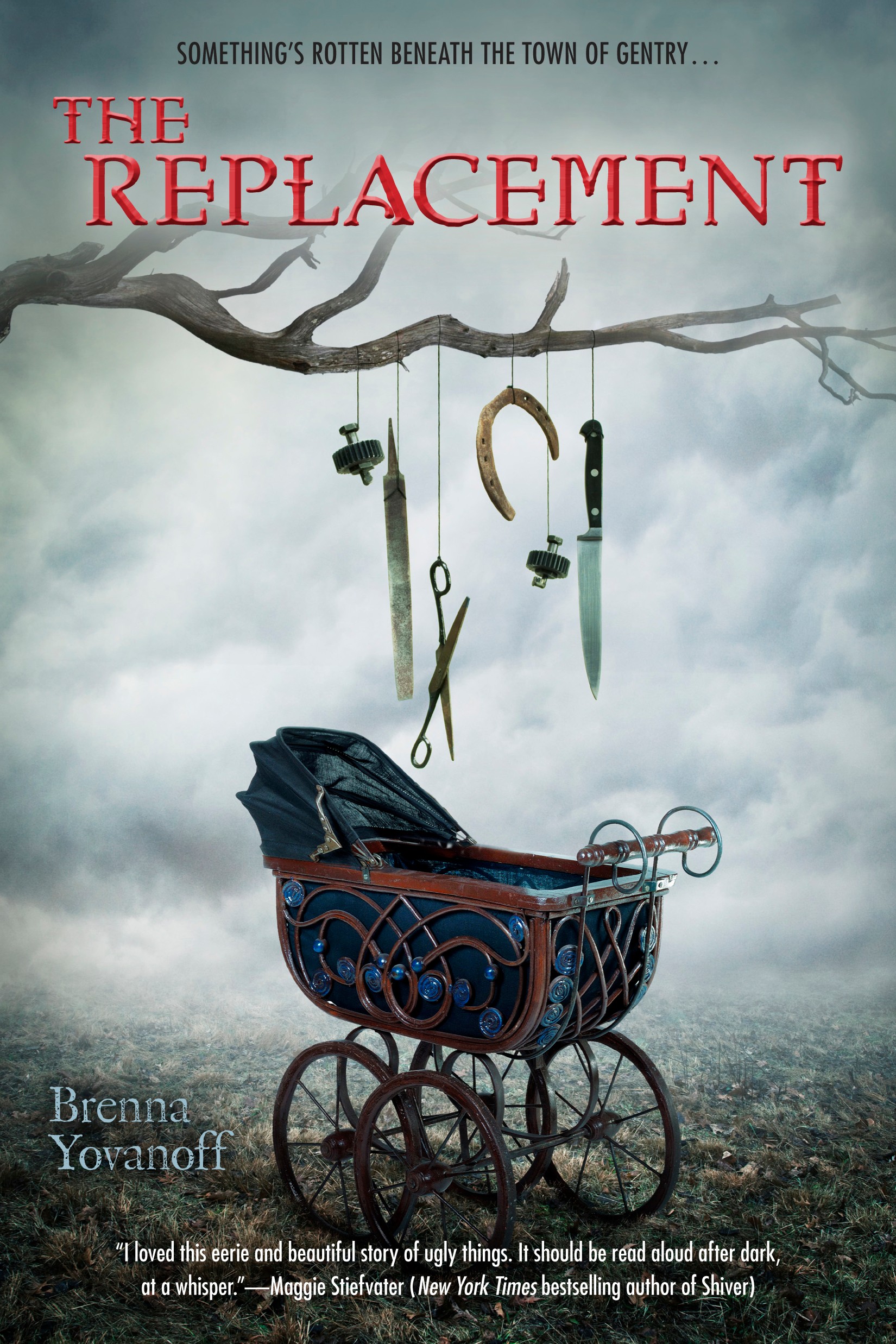We caught up with the brilliant and insightful Brenna Yovanoff a few weeks ago and have shared our conversation below.
Hi Brenna, thanks for joining us today. Do you think your parents have had a meaningful impact on you and your journey?
I was homeschooled until I was 15, in what was probably the most unstructured, un-curriculumed, absolute-hippie way possible. Consequently, I wound up pretty regrettable at algebra, but with essentially unlimited time to read and write.
My mom worked in the media department at the public library, so we got to check out as many books as we wanted for as long as we wanted them, and my dad is a huge sci-fi/fantasy fan with a massive collection of paperbacks, which he read to my sister and me starting when we were really young. Neither of my parents ever tried to limit what I read or watched (when I was about 8, I got very into Stephen King after my mom brought home an audiobook of his short story “The Monkey,” because, as she reasoned, “Well, you like horror. AND animals.”)
To this day, I think that combination of freedom to explore and time to do what interested me is one of the most valuable things they could have given me.


Great, appreciate you sharing that with us. Before we ask you to share more of your insights, can you take a moment to introduce yourself and how you got to where you are today to our readers.
I’m the New York Times Bestselling author of six novels—all YA, all contemporary fantasy or fantasy-adjacent, mostly about monsters.
Growing up, I thought I was going to go into all kinds of different fields. For awhile, I thought I was going to be a detective, and wrote stories about it. Then I thought I’d like to be a spy, and wrote stories about that. Then I thought I’d probably be an artist, or a cartographer, or a forensic anthropologist, or a clockmaker, so I wrote stories about all of those things too. Eventually, in my early 20s it occurred to me that I didn’t actually have that many marketable skills and I tended to lose interest in things fairly quickly—but I never got tired of writing, and I’d done it so much that I was starting to get good at it, so I should probably figure out how to make it into a career.

Is there something you think non-creatives will struggle to understand about your journey as a creative?
Something that I still have trouble explaining to people outside of publishing is that a “workday” is always really hard to quantify. I almost never know how long anything is going to take. I could spend five hours reworking the same two paragraphs over and over, or I could spend thirteen hours powering through half the items in an edit letter, or I could spend a whole afternoon on research and never write anything at all, but each of these scenarios is still the workday, and each of them is just as necessary and important as the days when I sit down and bang out a bunch of brand new words.
Also, almost all writing is actually rewriting. A lot of the initial excitement might happen in the first drafts, but the magic happens in revision. And revision. And revision.

For you, what’s the most rewarding aspect of being a creative?
One of the most rewarding parts of writing is being able to try things just to see what happens. And if it doesn’t work, you try again. You can do this basically an infinite number of times. While I do find that it helps to have a clear, coherent vision of where I’m going with a project, the experimentation that takes place along the way is what makes the job I’ve been doing for nearly 15 years feel new every time.


Contact Info:
- Website: brennayovanoff.com
- Instagram: https://www.instagram.com/brennayovanoff
Image Credits
Author photo courtesy of Madalyn Yovanoff


